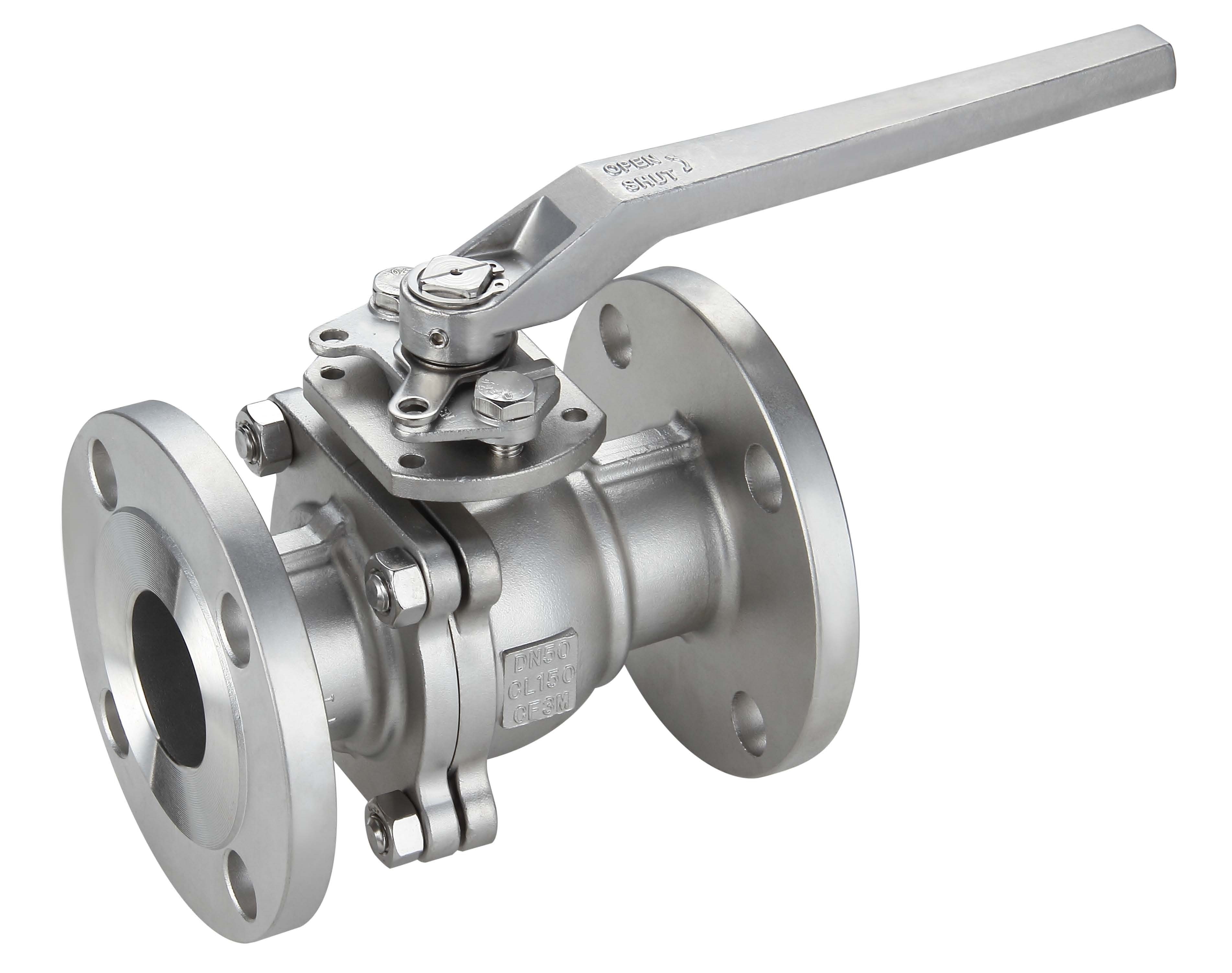forged flange manufacturers
Forged Flange Manufacturers An Overview of the Industry
Flanges are critical components used in piping systems to connect pipes, valves, pumps, and other equipment. They play an essential role in maintaining the integrity and safety of high-pressure and high-temperature systems. Among the various types of flanges available, forged flanges are recognized for their strength, durability, and resistance to high pressures and temperatures. This article explores the world of forged flange manufacturers, the processes involved in manufacturing forged flanges, and the benefits these components offer.
Understanding Forged Flanges
Forged flanges are created through a forging process, which involves shaping metal into desired forms via compressive forces. This process enhances the material's structural integrity, making forged flanges superior to their cast counterparts. The forging process eliminates weak points in the metal, which are often formed during casting. As a result, forged flanges exhibit enhanced mechanical properties, making them suitable for demanding applications in industries such as oil and gas, chemical processing, and power generation.
The manufacturing process of forged flanges typically involves several key steps
1. Material Selection The choice of material is critical for ensuring the performance of forged flanges. Common materials include carbon steel, alloy steel, stainless steel, and other high-performance alloys. Each material type offers distinct advantages in terms of strength, corrosion resistance, and cost.
2. Forging The selected material is heated to a high temperature and then shaped using mechanical presses or hammers. This process aligns the metal’s grain structure, resulting in increased strength compared to cast products.
3. Machining After forging, the flanges undergo precision machining to achieve the required dimensions and surface finish. This step ensures compatibility with other piping components and enhances the overall quality of the product.
4. Testing and Quality Control Before being delivered to clients, forged flanges must undergo rigorous testing to ensure they meet industry standards. Tests may include visual inspections, dimensional checks, and non-destructive testing methods such as ultrasonic or magnetic particle testing.
Key Benefits of Forged Flanges
forged flange manufacturers

1. Strength and Durability One of the most significant advantages of forged flanges is their superior strength. The forging process increases the density of the metal, reducing the likelihood of failure under extreme conditions.
2. Resistance to Flanged Leakage The mechanical stability of forged flanges significantly reduces the risk of flanged leakage, which can lead to dangerous situations, especially in high-pressure applications.
3. Capability to Withstand Extreme Conditions Forged flanges can operate effectively in high-pressure and high-temperature environments, making them ideal for applications in the oil and gas sector, where safety and reliability are paramount.
4. Custom Manufacturing Many forged flange manufacturers offer customized solutions to meet the specific needs of their clients. This flexibility allows for adjustments in size, shape, and material, ensuring that the flanges are perfectly suited for their intended application.
5. Cost-Effectiveness Although the initial cost of forged flanges may be higher than that of cast flanges, their durability and reliability often lead to lower lifecycle costs. Reduced maintenance and downtime contribute to overall savings over time.
The Future of Forged Flange Manufacturing
The forged flange manufacturing industry is continually evolving due to advancements in technology and growing industry demands. Innovations in materials science, for example, are leading to the development of lighter yet stronger alloys, which can improve the performance of forged flanges even further. Moreover, automation in the manufacturing process is enhancing efficiency and precision, allowing manufacturers to meet rising global demands with speed and accuracy.
As industries increasingly prioritize safety and reliability, the demand for high-quality forged flanges is expected to expand. Manufacturers that can provide innovative solutions, tailored products, and excellent customer service will likely lead the way in this competitive market.
Conclusion
In summary, forged flanges are indispensable components in many industrial applications, offering a combination of strength, durability, and reliability. Manufacturers in this sector play a crucial role in ensuring the quality and safety of piping systems worldwide. As the industry progresses, continuous improvements in manufacturing processes and materials will only enhance the significance of forged flanges in various sectors, solidifying their place as a cornerstone of modern infrastructure.
-
3-types-of-check-valves-maintenance-tipsNewsAug.23,2025
-
ball-valves-types-with-trunnion-mounted-designNewsAug.23,2025
-
butterfly-valve-company-production-capabilitiesNewsAug.23,2025
-
fisher-globe-valve-technical-specificationsNewsAug.23,2025
-
types-of-gaskets-for-flanges-selection-guideNewsAug.23,2025
-
wedge-gate-valve-suppliers-quality-standardsNewsAug.23,2025
-
Breakthrough in Domestic Low Temperature Valve Technology in ChinaNewsAug.18,2025




